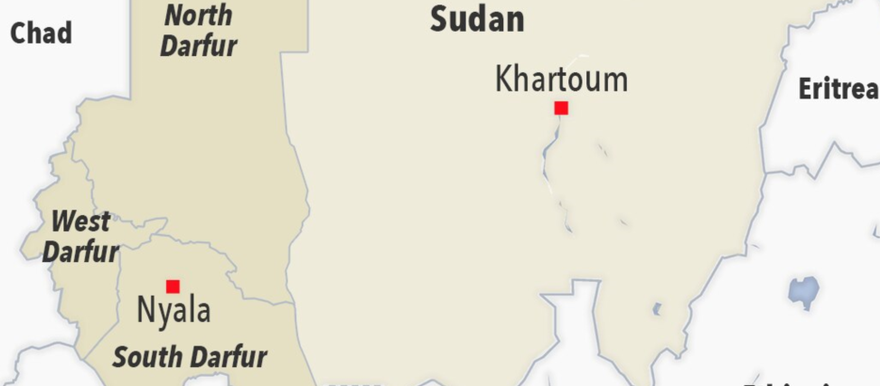Sudanese civil society activist Abdulaziz Hassan Baddawi disclosed that Kulbus, situated in West Darfur State, remained free from armed clashes involving the army and Rapid Support Forces (RSF).
However, he said the area faced challenges due to conflicts in neighboring areas, causing disruptions in essential services and hindering development projects.
Speaking to Radio Tamazuj on Thursday, Activist Baddawi pointed out that even before the onset of conflict, development services in Kulbus were insufficient. He outlined various service deficiencies, stating, “Prior to the war, Kulbus already struggled with limited services and development, which have now been further exacerbated.”
Regarding healthcare, he noted that health facilities, including Kulbus Hospital, operated with minimal resources and support from local doctors, supplemented by limited aid from organizations.
Furthermore, Baddawi mentioned that education ceased initially with the outbreak of war. However, local communities rallied, leading to the establishment of four centers for primary education, as well as preschool and high schools.
In terms of security, Baddawi affirmed, “During the ongoing conflict, Kulbus has remained peaceful as major armed factions are absent from the area. Both the armed forces and the Rapid Support Forces have withdrawn, allowing local committees to manage our affairs.”
He noted the cohesive coexistence of tribal groups in the region, collaborating to address crime and organize social matters. While minor issues arise, they are typically resolved through prudent means.
Regarding humanitarian concerns, Baddawi mentioned that some organizations have provided shelter and food for displaced individuals in the area. However, he deemed this assistance insufficient and urged additional organizations to step in, particularly in the absence of official support.
Additionally, Baddawi highlighted the pressing issue of water scarcity, exacerbated by the population growth surpassing available resources. The cost of water has soared, with a barrel now priced at 1,500 Sudanese Pounds, even higher in rural Kulbus.
In light of these challenges, Baddawi appealed for organizations to intervene and alleviate the service-related hardships experienced by both residents and displaced individuals in Kulbus.




